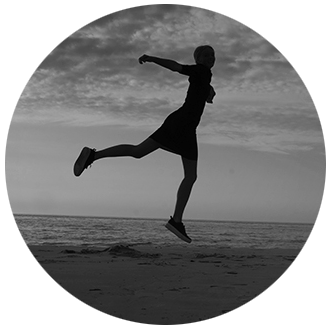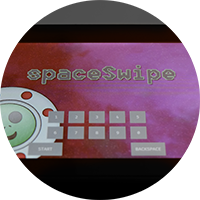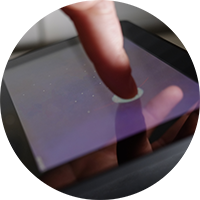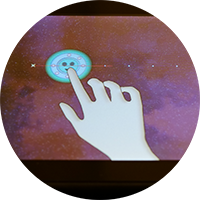We believe in a comprehensive clinical assessment based on human expertise, but with the best possible tools. SpaceSwipe is a novel tablet-based motor coordination test, with unique metrics that can provide fine-grained information about motor control.
SpaceSwipe differs from previous touch-screen-based motor assessments. The SpaceSwipe-system and game objective are adapted for the biomechanics of the hand and suitability for children with neurodevelopmental/neuropsychiatric disorders.

The hand is a very sensitive and complex structure. Its representation over a very large surface area, in relation to physical size, in the primary motor cortex, accounts for the very high precision in movements that the hand is capable of (John P. 2010).

Difficulties with motor control can hinder a child’s development, making it difficult to participate in meaningful social activities (Gillberg C, 2006), while also increasing the risk of being bullied (Bejerot et al., 2011).
SpaceSwipe is a project under constant development and is connected to several research projects.



Images of SpaceSwipe V.1 in which the sky graphics were generated from the online WebGL Space 3D generator
(Terrel & Himbolt, 2015).
References
Bejerot, S., Edgar, J., & Humble, M. B. (2011). Poor performance in physical education - a risk factor for bully victimization. A case-control study. Acta paediatrica, 100(3), 413-419.
Gillberg C, H. R., Steinhausen H-C. (2006). A Clinician’s Handbook of Child and Adolescent Psychiatry. Cambridge University Press.
Johns P. Clinical Neuroscience E-Book. Elsevier Health Sciences, 2014.
Terrel, R., & Himbolt, T. (2015). space-3d. https://github.com/wwwtyro/space-3d: GitHub.
